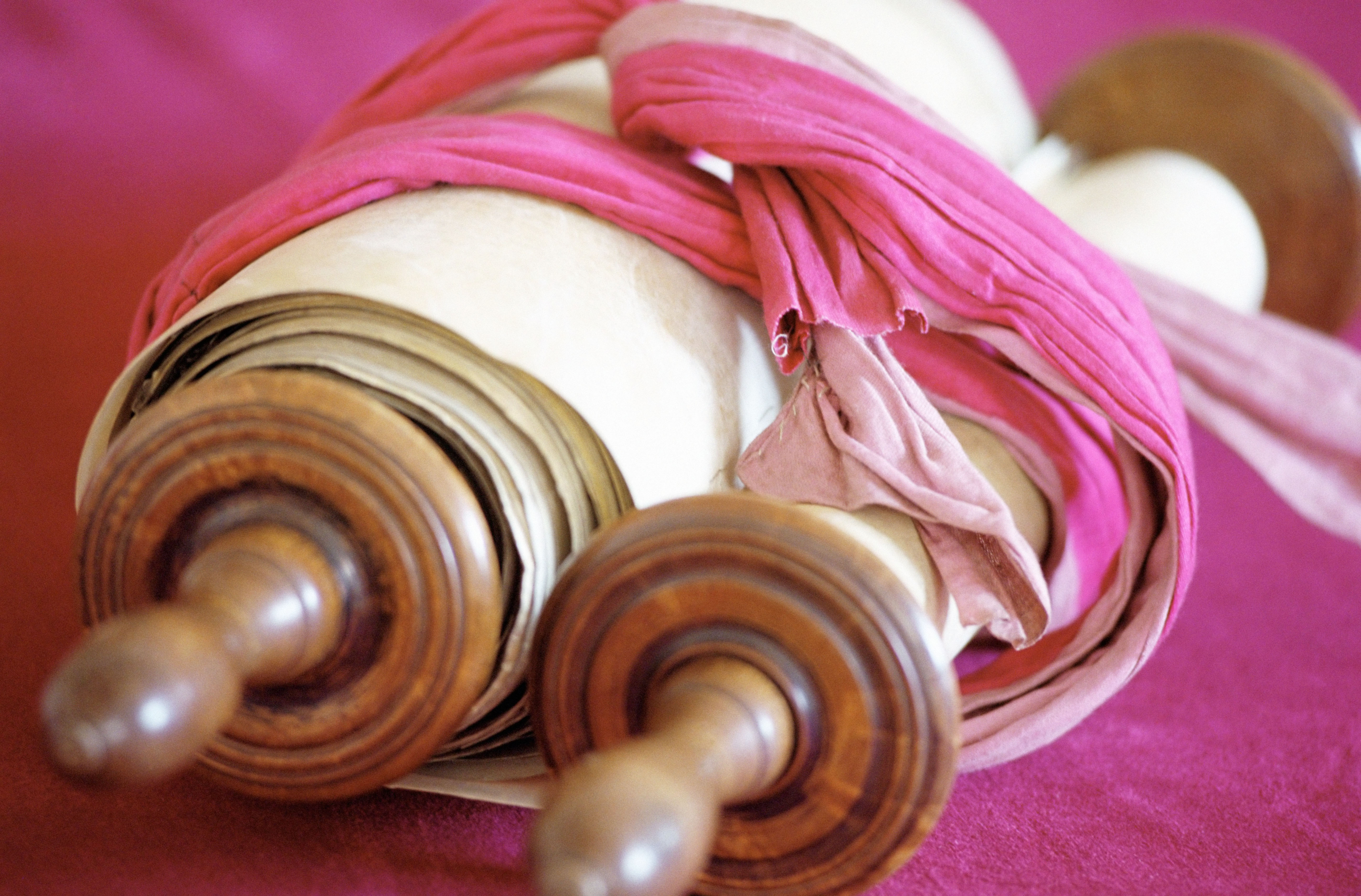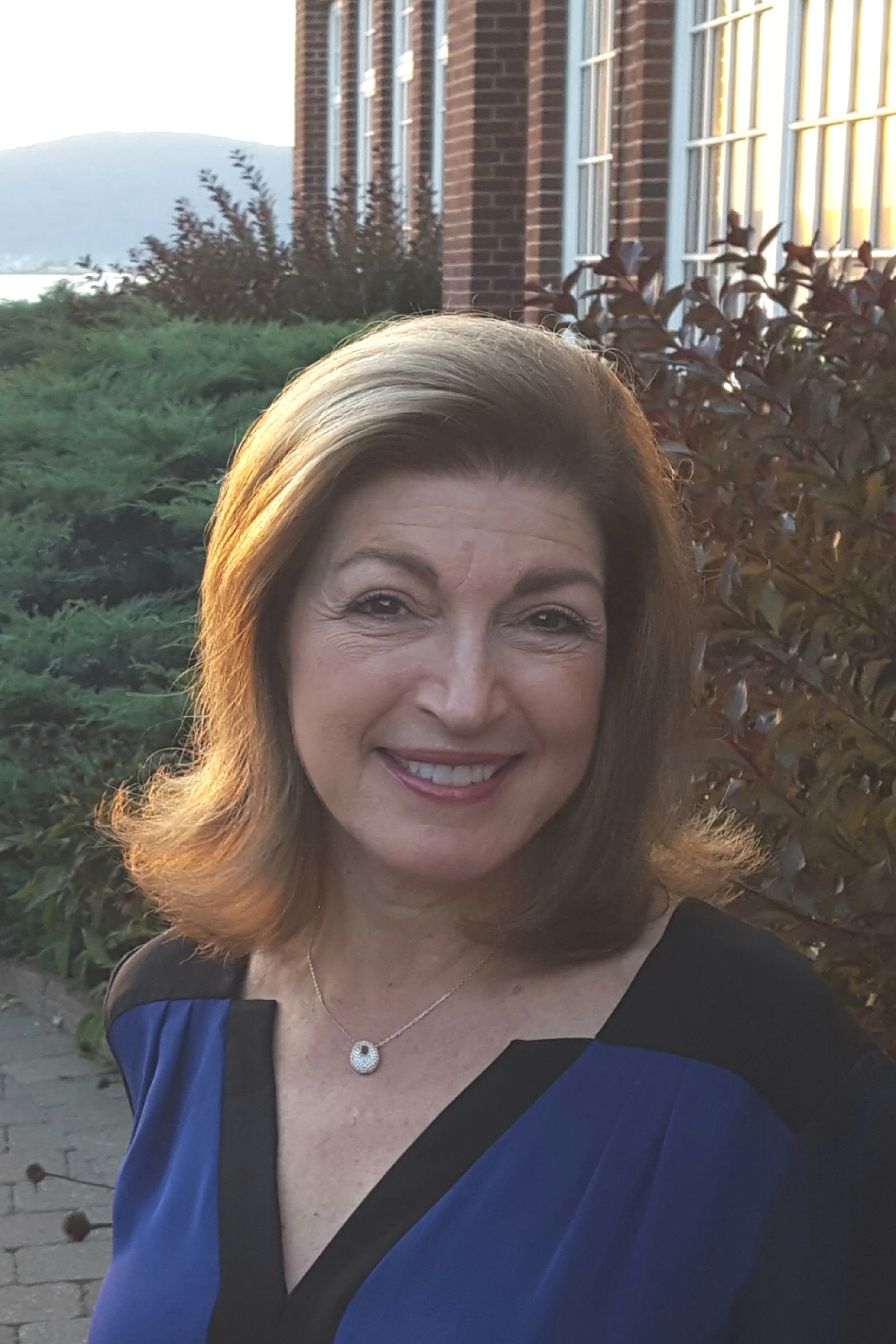
This week’s Torah portion is the oft-dreaded Parashah Tazria, from Leviticus, commonly referred to as the menstruation/leprosy parashah.
One of the topics this parashah deals with is female impurity as a result of giving birth, segregation from the community, and the ritual sacrifices necessary to re-establish purity. The length of this separation is determined by the gender of the newborn child.
It begins:
God spoke to Moses saying: Speak to the Israelite people thus, When a woman at childbirth bears a male, she shall be impure seven days; she shall be impure as at the time of her condition of menstrual separation – On the eighth day, the flesh of the foreskin shall be circumcised. – She shall remain in a state of blood purification for thirty-three days: she shall not touch any consecrated thing, nor enter the sanctuary until her period of purification is completed. If she bears a female, she shall be impure two weeks as during her menstruation, and she shall remain in a state of blood purification for sixty-six days.
Leviticus 12:1 – 12.5
At face value, these verses speak to the necessary acknowledgment and ritual surrounding specific life events. This is not good versus evil, but this does assume a difference between giving birth to a male or female and, by extension, indicates a difference between man and woman.
In Biblical times, states of purity and impurity were part of everyday existence. So, let us be clear, birth is a positive act needed to sustain the tribe of Israel. But it is the difference in the time that it takes for the mother to become once more pure after delivering a girl, double the time that it takes after giving birth to a boy, that gives us pause. These few verses from Leviticus have had an enormous impact on the lives of Jewish women throughout history.
In the ancient world, the lives of baby girls were fraught with the risk of being expendable economically and in times of war or famine. Baby girls were often left to die in difficult times. Society placed more value on sons who had rights of inheritance and who defended clans from enemies. Some contemporary Biblical scholars use this historical context to put a positive spin on the regulations of ParashahTazria. In The Torah: A Women’s Commentary, Beth Alpert Nakhai, Ph.D. of the Arizona Center for Judaic Studies posits that the priestly authors are concerned about this possibility of expendability, and offered additional protection to baby girls by extending their time for bonding and special care during the proscribed segregation period.
However, Talmudic scholars, by and large, did not take this stance and used these verses to support religious and cultural positions that differentiated the roles, opportunities, and the value of Jewish women and men, supporting male dominance. It was during this time that the prayer, which as women we find particularly noxious, came into being. This prayer is still recited today by contemporary Orthodox Jewish men. It goes, “Blessed are you, Lord our God, Ruler of the Universe, who has not made me a woman.” Orthodox women recite, “Blessed are you, Lord our God, Master of the Universe for creating me according to your will.” Wow, I guess we know who’s top dog here!
Avraham Grossman claims, in his book, Pious and Rebellious: Jewish Women in Medieval Europe, that women in medieval Christendom and Muslim lands were afforded greater rights in Jewish and non-Jewish environments than at other historical times. The Farisol Siddur, written in 1471, is an early example of egalitarian Jewish prayer, presenting historical attempts to battle gender inequality. In clear counterpart to the sentiments of the traditional morning prayer, this 600-year-old siddur replaces the female prayer, “Blessed are you, Lord our God, Master of the Universe, for creating me according to your will” with “Blessed are you, Lord our God, Master of the Universe, for you made me a Woman and not a Man.” Quite a difference in attitude and meaning. The first is submissive while the second is assertive.
When we move into the 18th and 19th centuries, Jewish practice was influenced by the European Enlightenment. We too had an Enlightenment called the Haskala, meaning “intellect” or “reason.” The spirit of this movement allowed Jewish women an opportunity for religious and secular education and, if not equality, more acceptable status based upon enlightenment principles. This movement clashed with Orthodox Judaism and gave birth to the Reform Movement in Germany.
Outside of North America, this leaves us with the supremacy of Orthodox Jewish ideology – Orthodox interpretation of the Torah, Mishna, and Talmud, as well as Halacha. The beliefs of influential Orthodox rabbis of the 19th, 20th, and indeed, the 21st centuries, dominate the religious and political landscape of Israel today and specifically, the rights and opportunities of Israeli women.
In Israel and North America, there are many who oppose gender inequality and the religious and political power of Orthodoxy and halachic law that uses Leviticus Chapter 12, to impose segregation and inequality. The Israeli Religious Action Center challenges and lobbies the Knesset to rescind discriminatory policies against women, minorities, and non-Orthodox Israeli citizens. Today, in Israel, Orthodox political parties control education, marriage, and divorce. An Israeli woman can only get a state-recognized marriage or divorce by Orthodox procedure and the process is stacked in favor of the man. Israeli children attend Orthodox “public” schools unless their parents can afford private, non-state funded, schools. Currently, the political climate in Israel allows the defacement of public advertisements and billboards with pictures of women.
We are well aware of Women of the Wall (WOW) and their efforts to establish the right for women to pray and to read from Torah at the Wailing Wall at the Temple ruins in Jerusalem. This has become, at times, a violent clash, expressing the anger and frustration of women in Israel, and globally against Orthodox and government discrimination. WOW, along with the Israeli Religious Action Center, and other groups, are protesting the injustice of religious and political control by Orthodox parties, displaying a fundamentalism that is oppressive and undemocratic. In the United States, we are well aware of issues of gender in terms of sexual assault and harassment, equal pay, and reproductive rights.
What do we do, as Women of Reform Judaism, to support gender equality, civil liberty, and pluralism in Israel, North America, and globally? The answer – WRJ Philanthropy and Advocacy.
Through the donations each of us makes to the YES Fund, we support the Israeli Religious Action Center in its efforts to end gender inequality and any form of religious or civil discrimination. We support, pray, and protest with Women of the Wall. We fund projects in Israel and work with the Israeli Movement for Progressive Judaism to promote equality and liberal perspectives in religious and civil contexts. We support and lobby with the Union for Reform Judaism and the World Union of Progressive Judaism, for financial parity for Progressive rabbis and for equal pay for female rabbis.
Three of WRJ’s major Advocacy issues that speak to equity for women in North America are Gender-Based Violence, Reproductive Health and Rights, and the Reform Pay Equity Act. In February, WRJ published a “Statement Following Reform Movement Investigations of Sexual Harassment, Assault, and Misconduct.” In April, we will announce "WRJ Says STOP: An Initiative Against Sexual Harassment and Assault." The first webinar of the initiative will be in the Fall of 2022. The STOP Initiative is planned as a series of modules that provide education, action, and advocacy opportunities and tools around sexual harassment and sexual assault. Please refer to the following links on the WRJ website for more information and opportunities for action and advocacy regarding gender equality and rights.
We have been discussing the impact of the words of ParashahTazria. We have examined the ways in which this verse has been exploited, over the centuries, by Orthodox interpretation and Halacha, to dominate and diminish women. We have reviewed how halachic influence in Israeli life and politics continues to subvert civil liberty and gender equality today. We know that women’s rights in North America need to be championed to establish equity on so many fronts. We can only conclude that we must establish a simple yet truthful explanation of this text – women are different but equal. We are different but equal. And we shall recite, the words of the Farisol Siddur:
Blessed are you, Lord our God, Creator of the Universe, for you made me a Woman and not a Man.
Ken Y’ratzhon and Shabbat Shalom
Related Posts

Continuing to Educate and Empower People Together

My Challah-Making Experience


